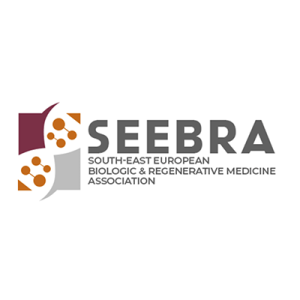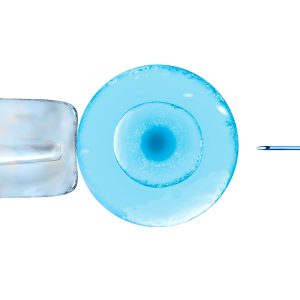Published in Clinical and Experimental Reproductive Medicine
Abstract
Objective
As clinicians and patients await consensus on intraovarian platelet-rich plasma (PRP) treatment, this project evaluated contemporary research trends in the literature.
Methods
A PubMed/NLM search aggregated all ovarian PRP-related publications (n=54) to evaluate their scope, abstract utility, submission-to-publication interval, journal selected, article processing charge (APC), free reader access to full-text manuscripts, number and nationality of authors, and inclusion of international collaborators. The NIH Clinical Trials database was also audited.
Results
Published output on intraovarian PRP has increased consistently since 2016, especially among investigators in Greece, Iran, USA, and Turkey. Between 2013 and 2021, 42 articles met the relevancy criteria, of which 40.5% reported clinical studies, small series, or case reports, 33% described experimental animal models, and 23.8% were opinion/review papers. Only two works included a placebo control group. The submission-to-publication interval (mean±standard deviation) was 130±96 days, there were 5.9±3.2 authors per project, and journals invoiced US $1,642±1,466 (range, $0–$3,860) for APCs.
Conclusion
There was no correlation between APC and time to publish (Pearson’s r=–0.01). Abstract content was inconsistent; sample size and patient age were often missing, yet free full-text “open access” was available for most publications (59.5%). The NIH Clinical Trials portal lists eight registered studies on “ovarian rejuvenation,” of which two are actively recruiting patients, while four have been terminated or have an uncertain status. Two studies have concluded, with results from one posted to the NIH website. PRP and its derivatives for ovarian treatment show early promise, but require further investigation. Research is accelerating and should be encouraged, particularly placebo-controlled randomized clinical trials.
Read more at https://www.ncbi.nlm.nih.gov/pmc/articles/PMC8651764/






